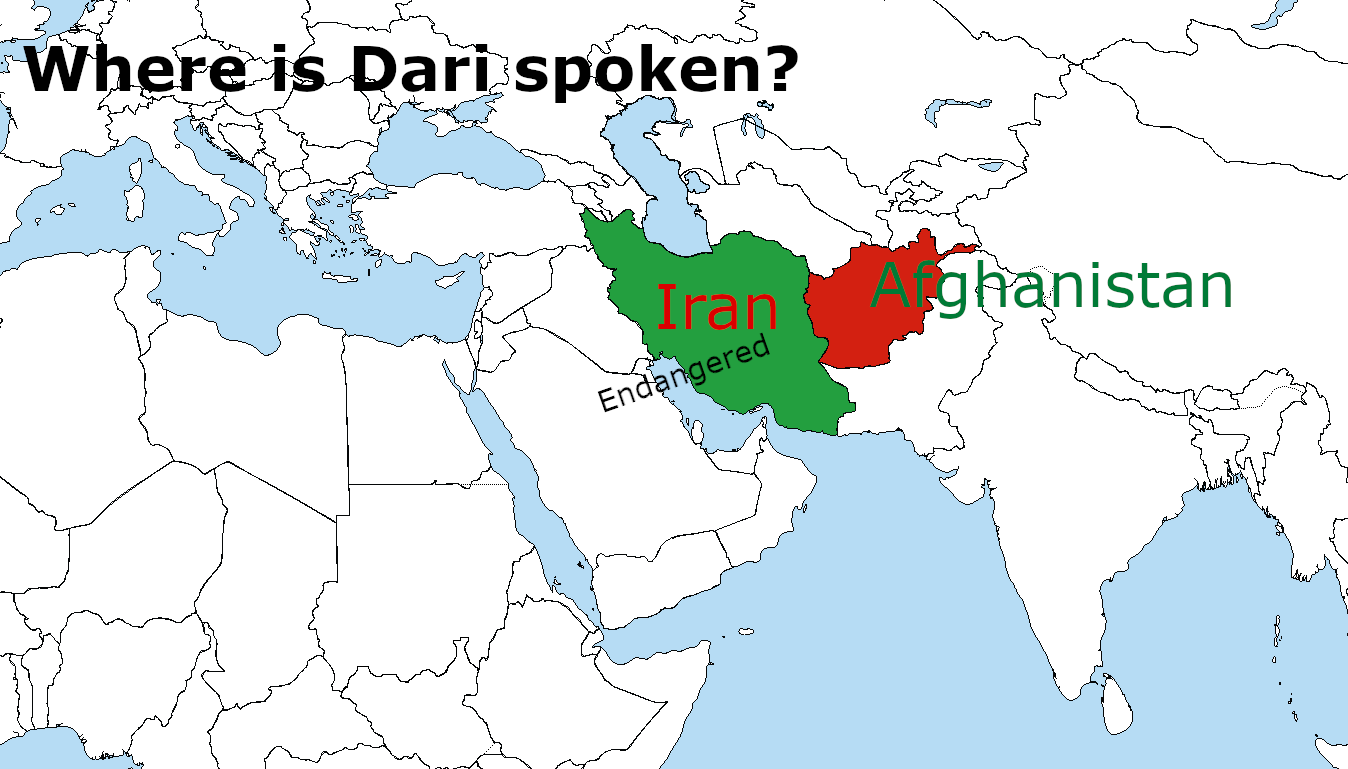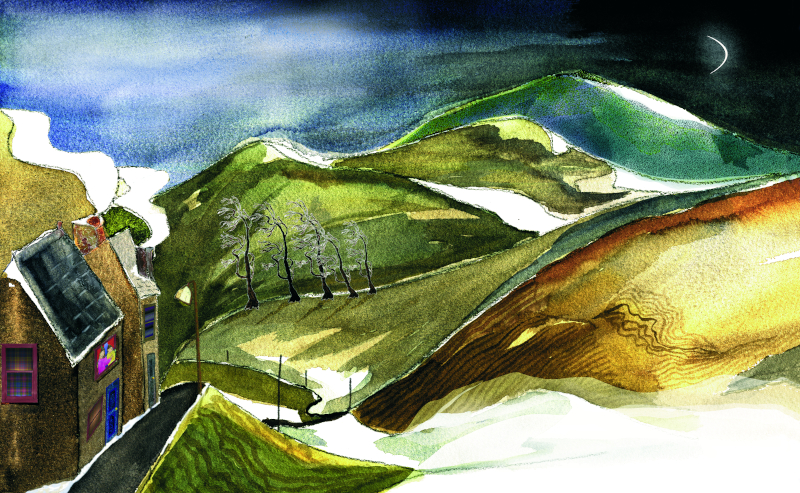
12
May
What is Selective Mutism?
This week's blog has been authored by the brilliant Erica Field. Erica is an EMA Teaching & Learning Adviser (KS2-4), active in Rochdale Borough Council, and she's sharing some important information for parents and teachers about selective mutism.“Selective mutism is a severe anxiety disorder where a person is unable to speak in certain social situations, such as with classmates at school or to relatives they do not see very often.”
Read More

12
May
National Children's Gardening Week 2021
May 29 – June 6 sees National Children’s Gardening Week in the UK. If you haven’t already found fun ways to plant and sow with children in your life, it’s about time: soon it will be too late for most crops.Read More

12
May
Spotlight on Irish
When we lose a language, we lose a part of our culture and history. A Day with Grandpa by Fiona Scott is a gentle way of talking about dementia with your children, especially if they have an affected grandparent. But the theme of forgetting, and losing who you are with that loss, runs through into the Irish that we have among our dual language versions of this book.Read More

12
May
Spotlight on Dari
Dari might seem like an unlikely language to make it onto UNESCO’s list of Endangered Languages; about half of Afghanistan’s population understand Dari, and nearly a third speak it, meaning there are an estimated 8-9 million speakers of this Indo-Iranian language, sister to Persian and Farsi.
Read More

12
May
In the Land of the Northern Lights
How do you explore languages and cultural differences in your classroom? It's often through looking at cultures we perceive as "different" that we discover things we all have in common. This week we look at the northern lights in mythology, but you can also take the time to talk about what causes the northern lights with your class from a scientific perspective.In the very north of Sweden and the Scandinavian countries there is a territory called Sápmi. This is home to the Sámi people, and many still live here today: some families carrying on traditions like reindeer herding and reindeer rajds, where long caravans of reindeer with small sleds run across the frozen ground from one place to the next.
Read More

12
May
Saving a Language
2019 was the International Year of Indigenous Languages. That didn’t escape us. We work, breathe, and dream language. We have published dual language children’s books in over 65 languages (it’s getting difficult to keep count now!), and several of them are on the UNESCO list of Endangered Languages.Read More

12
May
Become a 'perfect' parent by stopping trying to be one
Are you a parent feeling under pressure to do everything ‘right’? Do you feel your children ‘should’ be more developed in certain areas? Do you think they are behind compared to other children?You are not alone. These thoughts and feelings are more common than you may think.
While I totally understand where they come from, have you ever paused and asked yourself: ‘What really is the right thing to do?’ ‘Who determines what is right and what is wrong?’
We parents are so busy and most of the time we operate on autopilot, so we don’t question or challenge the decisions we make on a daily basis.
We do things somewhat automatically.
Read More

12
May
Ramadan Begins!
Today marks the 2021 beginning of Ramadan, an important celebration to Muslims across the world.


12
May
Simple Ways to Boost Your Bilingual Child’s Language Skills
Raising bilingual children can be challenging, especially if you want them to speak fluently in two (or more) languages.If you live in an English-speaking country, the English language will always be dominant for your children, regardless of what language you speak to them at home.
It is easier when they are small, but once they start to go to school and be exposed to the English language for 6 hours a day, that is when things usually change. Even if they haven’t before, your children suddenly start to speak to you in English.
You want them to speak your home language but at the same time, you want them to progress in developing their English language skills.
Read More

12
May
9 Benefits of Reading to Children
Have you ever wondered how reading benefits your children?The study by the Department of Education and Early Childhood Development in State Government Victoria shows that there is an important role for parents in the development and educational performance of their children.
"Parental reading to children increases the child’s reading and other cognitive skills at least up to the age of 10–11. This is an early-life intervention that seems to be beneficial for the rest of their lives."
Read More


